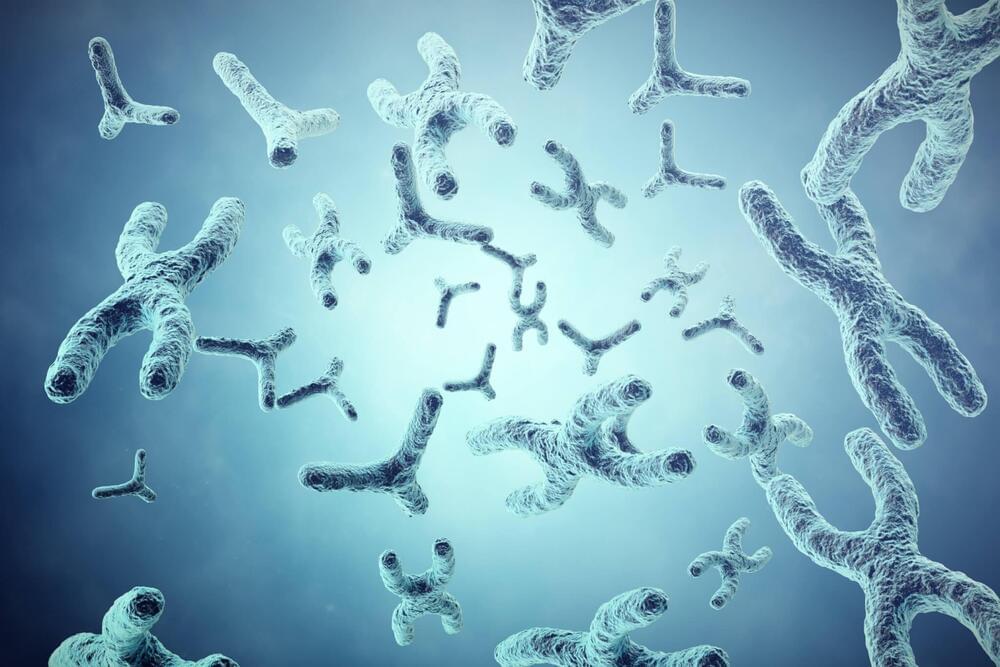PHILADELPHIA — Scientists at the University of Pennsylvania’s Perelman School of Medicine have developed a new method to create human artificial chromosomes (HACs) that could revolutionize gene therapy and other biotechnology applications. The study, published in Science, describes an approach that efficiently forms single-copy HACs, bypassing a common hurdle that has hindered progress in this field for decades.
Artificial chromosomes are lab-made structures designed to mimic the function of natural chromosomes, the packaged bundles of DNA found in the cells of humans and other organisms. These synthetic constructs have the potential to serve as vehicles for delivering therapeutic genes or as tools for studying chromosome biology. However, previous attempts to create HACs have been plagued by a major issue: the DNA segments used to build them often link together in unpredictable ways, forming long, tangled chains with rearranged sequences.
The Penn Medicine team, led by Dr. Ben Black, sought to overcome this challenge by completely overhauling the approach to HAC design and delivery. “The HAC we built is very attractive for eventual deployment in biotechnology applications, for instance, where large-scale genetic engineering of cells is desired,” Dr. Black explains in a media release. “A bonus is that they exist alongside natural chromosomes without having to alter the natural chromosomes in the cell.”










Comments are closed.